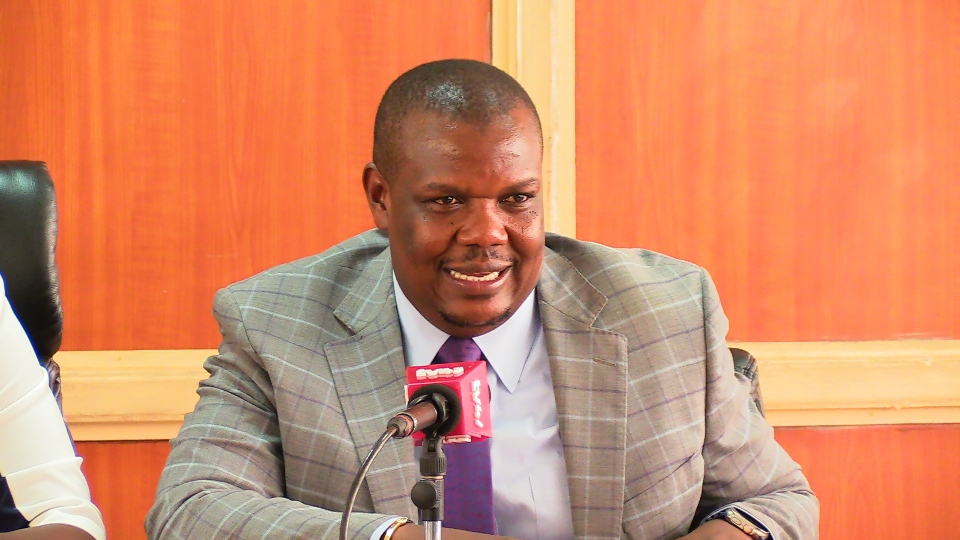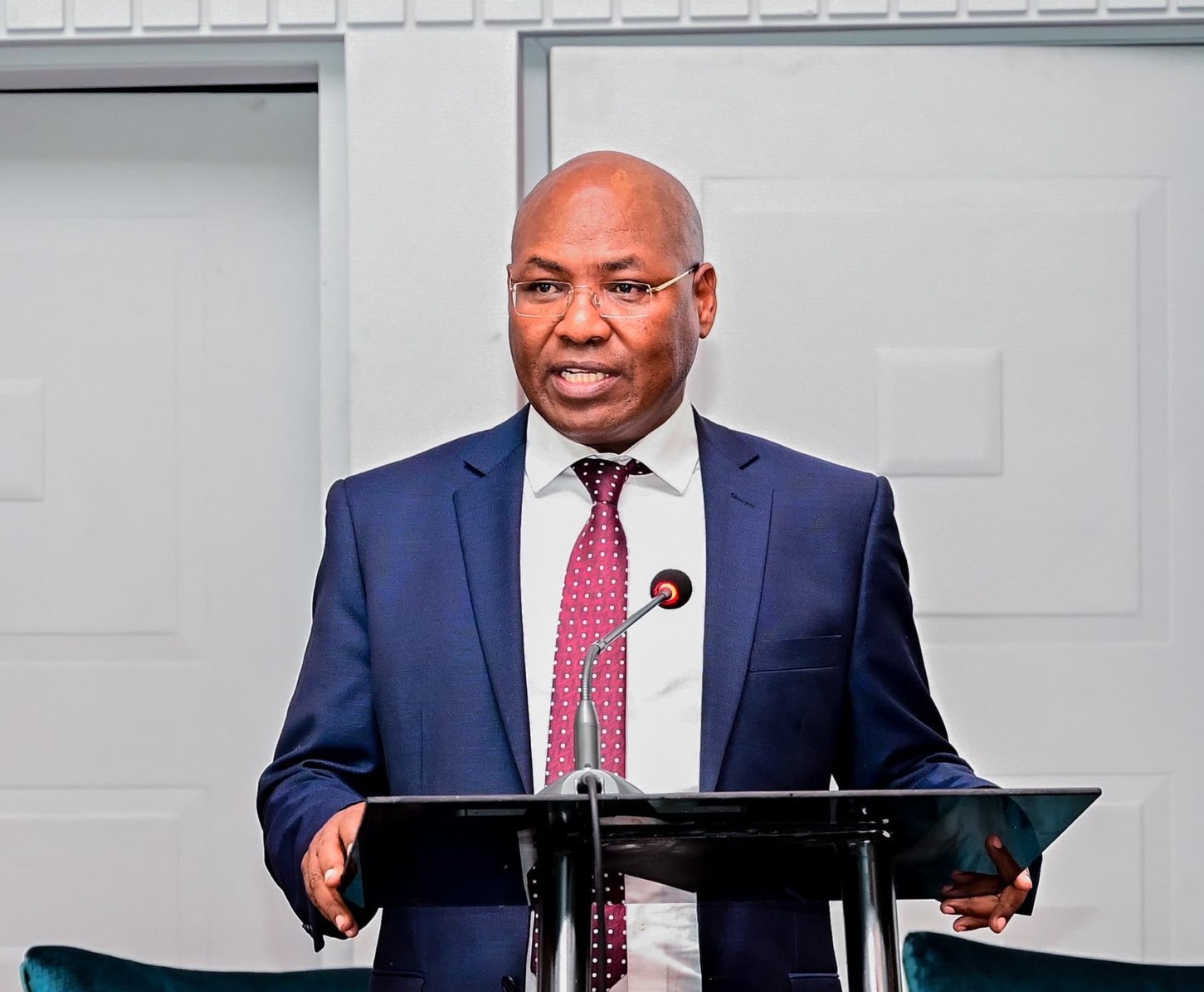The Public Investments Committee (PIC) on Governance and Education has ordered a forensic audit of Meru National Polytechnic following alarming revelations of payroll irregularities and suspected mismanagement of public funds amounting to approximately Ksh 120 million.
The parliamentary watchdog, chaired by Bumula MP Wamboka Wanami, expressed outrage after an audit by Auditor General Nancy Gathungu uncovered multiple instances of salary discrepancies, duplicate employee records, and continued reliance on a faulty Enterprise Resource Planning (ERP) system.
During a heated session with the institution’s Principal, Anderson Mutembei, MPs heard that the polytechnic had procured the ERP system at a cost of Ksh 12 million, yet continued to pay an annual maintenance fee of Ksh 800,000 despite numerous technical failures.
“We now have to do a forensic audit on this system,” said committee vice-chairperson and Kitutu Chache MP Anthony Kibagendi. “There are numerous issues in this procurement. We also want the institution and the Auditor General to meet, reconcile all discrepancies, and submit a report within two weeks.”
According to the audit report, some employees were paid salaries multiple times, while others had identical identification details. One officer was overpaid by Ksh 702,480 after being demoted to a lower job group but continued to draw a salary from a higher pay grade.
Further discrepancies included employees with missing or duplicate Kenya Revenue Authority (KRA) PINs, questionable birth dates (some employees appeared to be under 18), and suspicious employment contracts, one of which reportedly extended for 33 years.
In one case, an employee was paid a salary through two separate bank accounts, raising suspicions of fraud. MPs have requested certified bank statements, a copy of the ERP contract, and the appearance of all senior managers, system suppliers, and former principals at the next committee hearing.
Lunga Lunga MP Chiforomondo Mangale remarked, “It is clear the former principal was running this institution like his own personal property.” Mutembei defended the institution, stating that several errors, particularly those related to birth dates, had been corrected. He added that the system’s flaws had necessitated a return to manual payroll entries.
“These errors were corrected, especially birth dates. The system caused significant errors, which is why we procured a new ERP system,” he said. However, MPs remained unconvinced, demanding accountability and suggesting that individuals found culpable for the irregular payments may be surcharged.
The Auditor General’s report concluded that “the accuracy and completeness of the employee cost of Ksh 120,511,807 could not be confirmed,” adding further pressure on the polytechnic to provide clarity.
The next hearing, expected within two weeks, could prove pivotal in establishing whether the losses were due to negligence, systemic failure, or deliberate acts of fraud.





